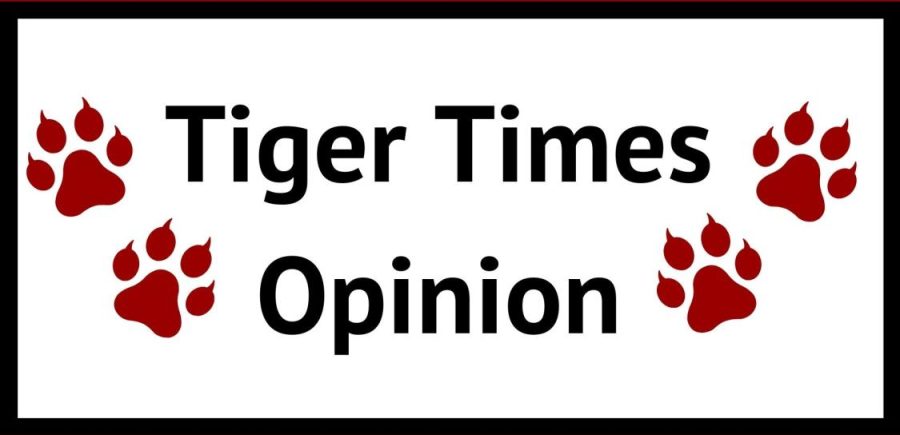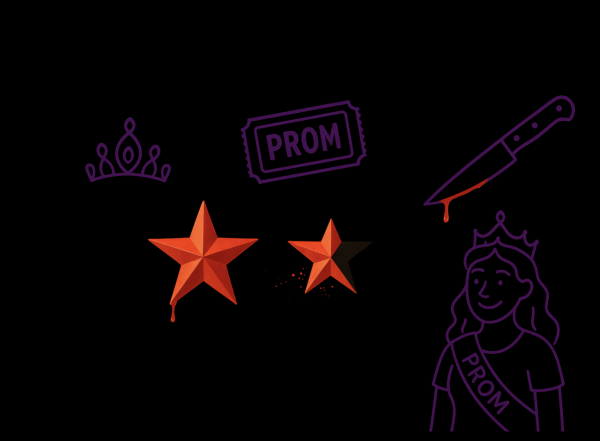Fitting in with fashion
When the majority of those around you make the choice opposite of yours it is easy to feel you made the wrong one. Fitting in and achieving the validation of others can be enough to improve performance, the question is, is that worth losing individuality?
Katrell Readus is a sophomore and a reporter for Fishers Tiger Times. Their views do not necessarily reflect those of the newspaper.
Fashion comes in cycles. It seems as soon as something is in it is out. Fashion trends come and go within about a year’s time, after the newest sought-after item disappears from mainstream fashion, society moves on to the next looks, patters and styles flaunted by its favorite celebrities or influencers, but nevertheless millions of people follow the trends.
Anxiety and desire are what cause the population to scrape together funds to purchase the next best and biggest thing.
A person’s yearning to belong, to be part of something recognizable, that’s what does it. There is not a more obvious way to demonstrate and prove you belong than through clothes. A new look that fits with what magazines and advertisements are promoting can provide you with a new identity and make you a new person even if it is only for a season.
These desires and anxiety are caused by a fear of not fitting in,not being up-to-date, or being an outsider.
This natural human longing for acceptance is what International fashion industry use to make people feel they must keep up with new trends, to keep shopping, keep buying.
The clothes we wear reflect the way we want others to perceive us and how we see ourselves. Clothes even influence our cognitive abilities. In 2012, researchers from Northwestern University found that wearing specific articles of clothing has an effect on the wearers’ psychology and performance. It was concluded that clothes have a symbolic meaning.
When we wear an article of clothing with a specific, socially concluded meaning, it can influence our psychological state. For example, society has decided that a suit is the attire of a person with class, confidence and in some instances, power.
A study was done in 2017 by Cloe Levin, who went on to publish her findings with the American Psychological Association.
For this study, 120 students from a suburban high school in New York were recruited and assigned to one of three conditions: the control group, where participants wore whatever they were wearing at the time; a group dressed in casual attire and a group instructed to wear professional clothing.
Once in their designated outfits, participants completed a shortened version of the Rosenberg Self-Esteem Scale, the General Self-Efficacy Scale and an additional a prompter-designed question. If these feelings of esteem and efficacy might be translated into a change in intended future behavior, then students were asked how likely they would be to apply for a new position that would require them to take on more responsibility and face greater challenges while rewarding them with higher pay.
Overall, the findings indicated that individuals dressed professionally exhibit significantly greater measures of self-perception compared to those in both casual attire and their own clothing. By simply wearing professional outfits, participants had higher self-esteem, self-efficacy and were more likely to say they would apply for the new position.
This data can be easily applied to a persons’ desire to fit in with colleagues, peer, friends and anyone else that is present in their life. Switch the suit out for the latest influencer’s top pick, the other two groups with last season’s trends and the new job and pay raise for a seat at the cool kid’s table and the data would mirror the study. As a student, give into the desire to follow trends you are fond of, but don’t lose yourself trying to find everyone else.

Katrell is a senior at FHS. They are an overthinker who enjoys listening to music and writing poetry when they are not too focused on their upcoming article.











